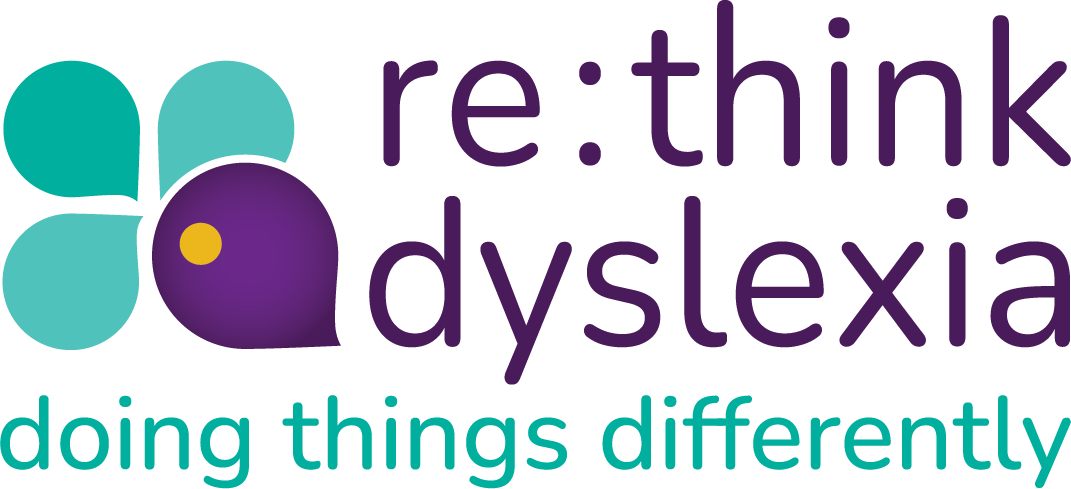Transitioning from secondary school into the workplace, supporting young people with dyslexia
Congratulations for getting through school! You have reached a huge milestone and you should be so proud of yourself, because the path of education is not easy. As you know it can be really hard with many days where you may have felt you were never going to get through. It has taken resilience, persistence and grit and guess what, you did it!!
So what’s next, getting a job of course. You may already have a part-time or casual job but now you are about to embark on a new adventure, maybe you are about to become an apprentice and finish getting your trade, maybe you are about to head off to university or about to look for a full-time job. The options are endless and a bit scary.
As we transition out of school into the workforce the support we may have had at school and from family and friends starts to become less. It may feel like you can’t talk to your new manager or organisation about your dyslexia because you might be worried about how they respond.
- Some organisations may not know what dyslexia is
- Some organisations may not realise it is a recognised disability
- You may feel self-conscious talking about your difficulties
- You may not know where to get help or who to speak to
These are all valid feelings and concerns, and you are right, many employers may not have a good understanding of dyslexia. So here are some things that can help you.
- If you feel comfortable talk to your People and Culture team member about talking to your manager. However, by law, you DO Not have to disclose your dyslexia.
- Know what strategies and tools have worked for you at school. Did you use text-to-speech or Read and Write Gold? Let your workplace know so they can help you access them.
- Do you need quiet time to think and read
- Do you need extra time to get reading and writing tasks complete
- Provide them with resources from the rethinkdyslexia.com.au website to you explain your difficulties
Being able to self-advocate and explain our needs and our difficulties is a very important skill we need to develop as we become adults. Some of the ways you can self-advocate include:
- Explaining your difficulties but also your strengths. You will have many strengths and they will be very useful in the workplace
- Asking for the tools and support you need to get the job done
- Explain the things you can do and the tasks you have difficulties with
- Raising awareness of your disability within your team so people understand that you work and think differently to them and that’s ok
- Taking breaks when you need them
- Seek opportunities for peer support. Who else in the team do you feel comfortable with? Is there a peer support opportunity there?
This may seem a bit scary and overwhelming and that’s ok. There are people in your workplace there to support and help you manage your disability so you can work to the best of your ability.
If you are finding it hard it might also help to speak to a counsellor or psychologist so they can give you some strategies as well. You need to make sure you are looking after yourself and your mental health and well-being. When we look after ourselves we can do the best at our jobs.
If you have questions or need further help contact us at hello@rethinkdyslexia.com.au. You can also listen to the Dear Dyslexic Podcast Series or join our Dear Dyslexic Facebook community.
You can also provide these resources to your employer.
Learn more about dyslexia and how you can help to provide a supportive environment at work and school in our other factsheets and at www.rethinkdyslexia.com.au

